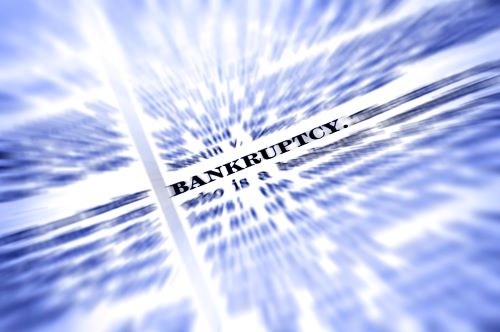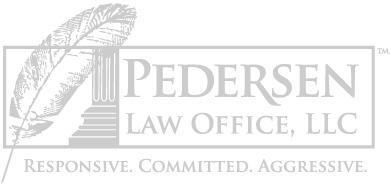Common Terms Used in Bankruptcy
Dec 22, 2022

Debtor
A person who has filed for bankruptcy relief.
Creditor
The individual or organization to whom you owe money.
Unsecured Debt
A debt that has no property or asset attached to it. Common examples of unsecured debts are credit card debt, medical bills, and pay day loans.
Secured Debt
A debt with property or an asset attached to it that can be taken away if you stop paying. Common examples of secured debts are home mortgages and vehicle loans.
Proof of Claim
A written statement and documentation filed by a creditor that describes the type of debt and amount owed.
Matrix
A mailing list of your creditors.
Exemptions
The legal method used to protect and kept your property, such as your home, vehicle, retirement accounts and other personal property. In Wisconsin there are two different lists of exemptions to choose from, Federal or State. For more information, read “Will I Lose All My Assets When I File Bankruptcy?”.
No-asset Case
A Chapter 7 Bankruptcy case where all assets are protected. There are no non-exempt assets available for the trustee to consider liquidating and distribute funds to unsecured creditors. In Wisconsin most Chapter 7 cases are no-asset cases.
Trustee
A person appointed by the court to review and oversee your bankruptcy case. The trustee also acts on behalf of unsecured creditors to liquidate and distribute funds from non-exempt assets.
Means Test
A calculation of your household income to see if you qualify for debt relief under a Chapter 7 Bankruptcy. For more information, read “Means Test in a Chapter 7 Bankruptcy”.
Automatic Stay
An injunction that automatically stops lawsuits, foreclosures, garnishments, and all collection activity against the you the moment your bankruptcy is filed.
341 Hearing - Meeting of Creditors
A required meeting with the trustee where you are examined under oath about your assets, debts, income, and expenses. Creditors are invited, but seldom attend. For more information, read “What to Expect at the Chapter 7 Bankruptcy Meeting of Creditors”.
Reaffirmation Agreement
An agreement filed with the bankruptcy court stating you will be legally responsible to pay on a secured debt for the purpose of keeping the property or asset, such as a vehicle. For more information, read “Chapter 7 Bankruptcy: Reaffirming Secured Debts”.
Non-Dischargeable Debt
A debt that cannot be eliminated in bankruptcy. Common non-dischargeable debts include domestic support obligations, student loans, most tax debt, court fines or restitution.
Discharge
The legal elimination of debt through a bankruptcy case. The discharge prohibits creditors from collecting on the discharge debts including telephone calls and letters. For more information, read “Chapter 7 Discharge Explained”.
FREE CONSULTATIONS
Pedersen Law Office, LLC is here to answer your questions and guide you through the entire bankruptcy process. We understand how stressful being in debt can be; that is why we offer free consults. We will meet with you personally to discuss your specific circumstances and help you figure out the best debt relief option for your situation. We serve the communities of Appleton, Menasha, Neenah, Oshkosh, Green Bay and their surrounding areas.
